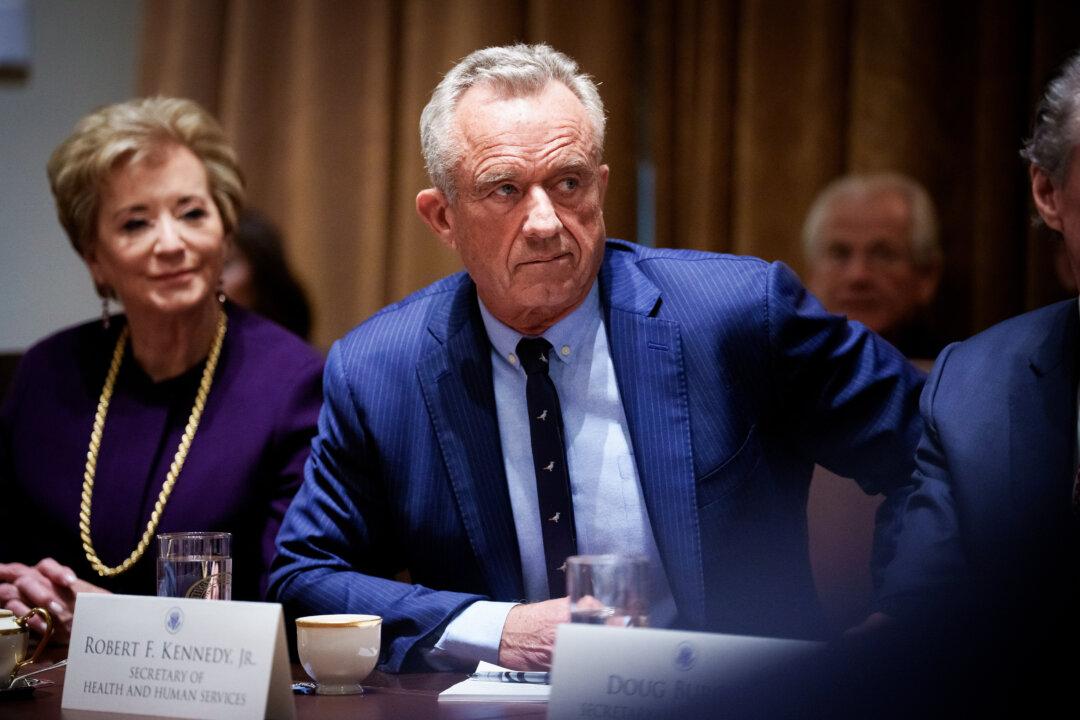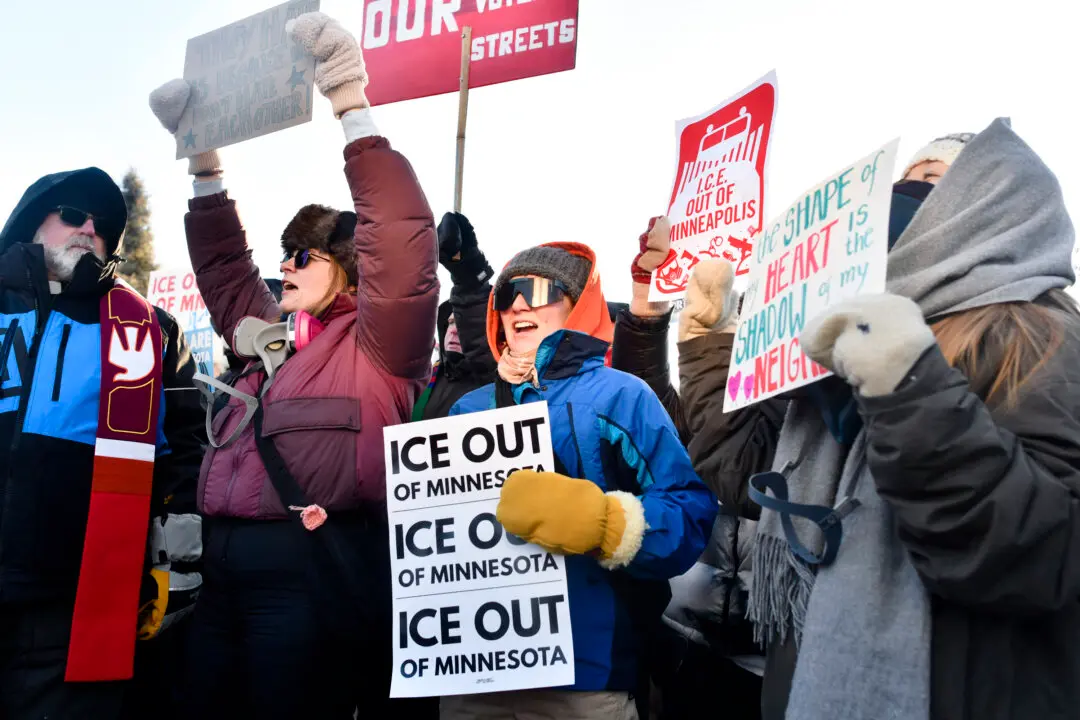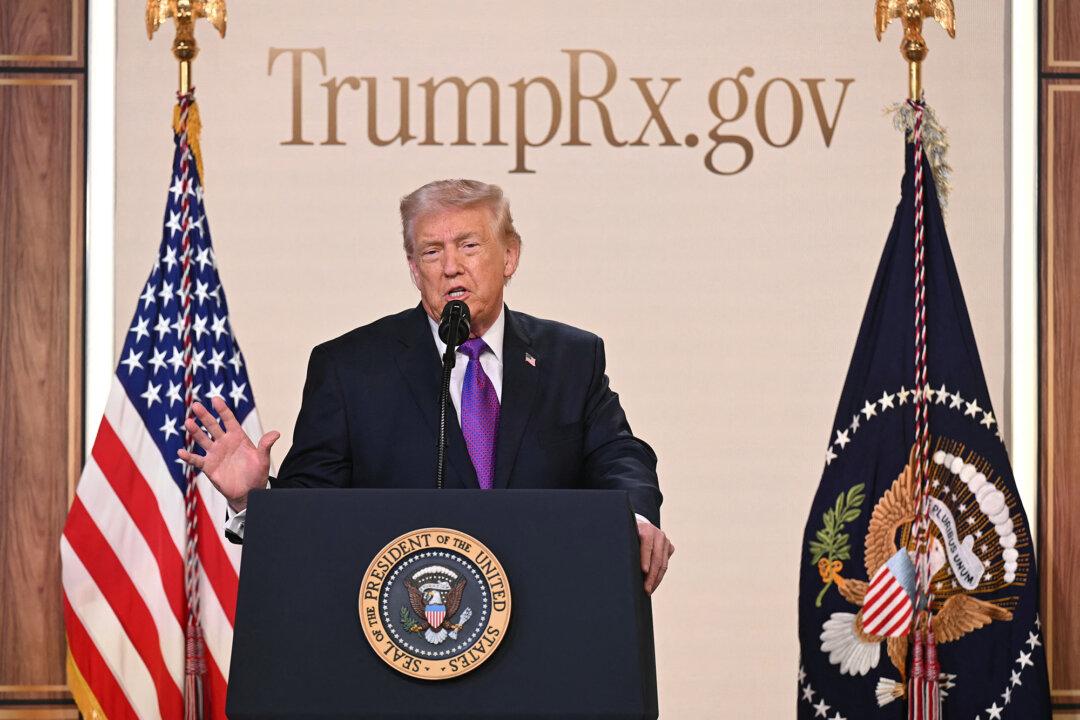U.S. Secretary of Health and Human Services Robert F. Kennedy Jr. has announced major plans to restructure the agency and lay off a quarter of its workforce.
In a video statement on March 27, Kennedy announced “a new era of responsiveness and a new era of effectiveness” that would involve cutting its workforce down to 62,000 employees, ultimately saving taxpayers $1.8 billion (£1.38 billion) a year.




